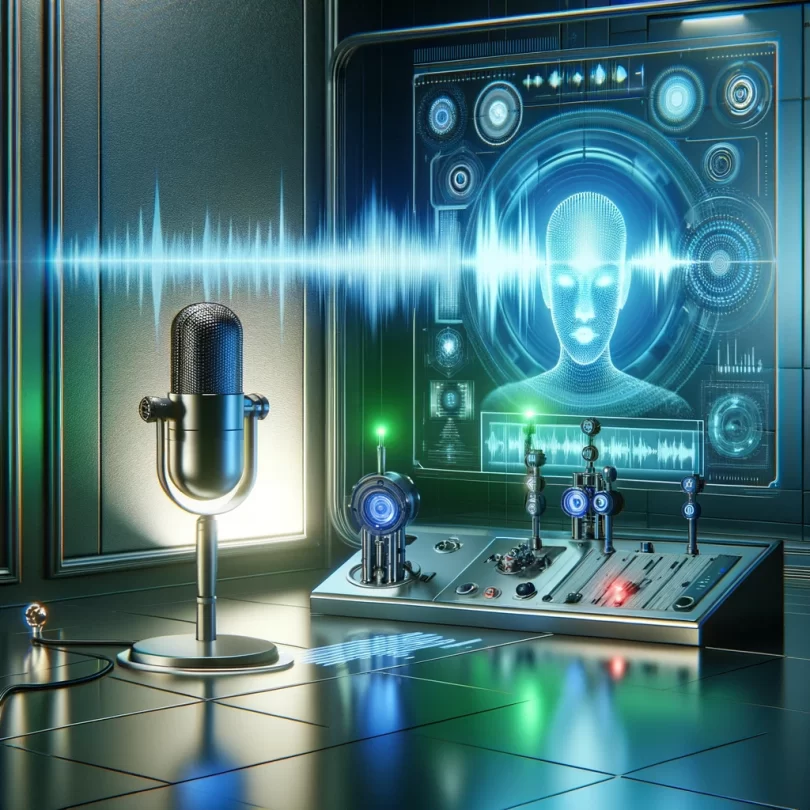n the ever-evolving landscape of the music industry, the advent of AI technology, especially in voice cloning, has introduced a new paradigm. This is vividly illustrated in the recent developments surrounding YouTube’s ‘Dream Track’ experiment and Sony Music’s cautious stance. Our analysis delves into the nuances of this situation, exploring the implications for artists, record labels, and the broader industry.
The Emergence of ‘Dream Track’ and Its Industry Implications
YouTube’s Revolutionary Experiment
YouTube’s ‘Dream Track’ marks a significant milestone in AI-driven music innovation. It enables creators to clone the vocals of famous artists with their consent. This development, featuring voices from Warner Music Group and Universal Music Group, has raised critical questions about artist rights, consent, and the future of music production.
Sony Music’s Distinct Approach
Sony Music’s noticeable absence in the ‘Dream Track’ experiment signals a different strategy. Prioritizing an artist-led approach, Sony Music seems to be treading cautiously, especially in light of recent legal developments regarding AI and copyright law. Their decision reflects a broader concern about the potential unauthorized exploitation of artists’ work in the AI era.
The Legal and Ethical Conundrum
Google’s Stance on AI and Copyright
Google’s filing with the US Copyright Office, advocating for fewer restrictions on using copyrighted materials for AI training, has stirred the pot. This position contrasts sharply with the protective measures sought by music industry stakeholders, highlighting a fundamental tension between technological advancement and rights protection.
Industry Response and Concerns
While Universal Music Group and Warner Music Group have cautiously engaged with ‘Dream Track’, Sony Music’s reluctance is telling. This caution is likely influenced by the broader implications of Google’s stance on AI and copyright, raising valid concerns about the balance between innovation and the safeguarding of artists’ intellectual property.
The Future of AI in Music: Opportunities and Challenges
Balancing Innovation with Protection
The challenge lies in finding a middle ground where AI can be harnessed for creative expansion without compromising artists’ rights. This involves developing robust systems for content control and establishing clear guidelines for AI’s role in the music industry.
Artist Participation and Consent
Consent and participation are key. Ensuring that artists are fully informed and willingly involved in AI experiments like ‘Dream Track’ is crucial. This not only respects their rights but also empowers them to be part of the evolving digital music landscape.
Potential for New Creative Avenues
AI technology, like ‘Dream Track’, opens up unprecedented opportunities for creative expression and collaboration. However, navigating these opportunities requires careful consideration of ethical, legal, and artistic implications.
At the Intersection of AI
The intersection of AI and music, as exemplified by YouTube’s ‘Dream Track’ and Sony Music’s cautious stance, presents a complex web of technological, legal, and ethical considerations. The music industry is at a pivotal point where the potential of AI must be balanced with the protection of artists’ rights and the integrity of their work. This balance is critical in shaping a future where technology enhances creative expression without undermining the rights and contributions of those who fuel the industry.








